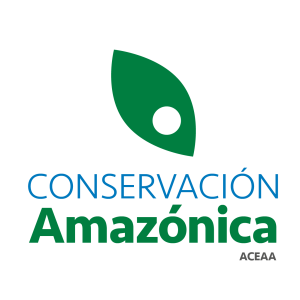Promoting and scaling diversification within the management of Amazon forest resources as an Ecosystem-based Adaptation measure in Bolivia
Project Information
This project is focused on supporting the implementation of comprehensive forest management of the Bolivian Amazon by updating a comprehensive forest management of the Bolivian Amazon by updating and disseminating the scientific and research data published on the Amazonian Fruits and Climate Change Observatory (AFCCO) and empowering local communities under an Ecosystem-based Adaptation approach (EbA). Through the community-based management of standing forests it is possible to maintain resilience capacity against the impacts of climate change. The project supports the idea that a healthy forest is a productive forest, and a productive forest is a forest resilient to climate change.
This project supported community-based productive initiatives, as well as local and regional decision-makers by:
- Collecting and disseminating updated socio-environmental information related to non-timber forest products (Brazil nut, açaí palm and others) in the Bolivian Amazon through the AFCCO.
- Implementing an early warning and monitoring system of non-timber forest products (mainly Brazil nut) by combining technology with local knowledge to plan for periods of low natural production of wild forest resources.
- Strengthening the capacities of local initiatives based on non-timber forest products and identifying and disseminating a portfolio of EbA measures and bottleneck solutions for forest resource management.
- Promoting the use of AFCCO by local and regional decision-makers.
Project Achievements
1. Promoted the Consolidation of the AFCCO as a Regional Repository of Data, Information, and Knowledge: The AFCCO is a digital repository with ecological and socioeconomic information on Amazonian fruits, as well as forest and climate variability in Pando, that is periodically updated. The project strengthened access to accurate and up-to-date information to help initiatives, decision makers, and other stakeholders make informed decisions throughout the different steps of the value chains in which they participate.
2. Increase Awareness and Enhance the Democratization of Information: The information available in the AFCCO is aimed at a technical, academic, and even scientific audience, creating a gap between the knowledge and the producers. Under the principle of democratizing information, the project sought to close this gap by decoding the AFCCO technical information into informative, accurate, and useful material for producers into a so-called “yamachi” backpack (an open basket that has the shape like that of a backpack made by the indigenous people).
3. Integration of Ecosystem-based Adaptation (EbA) into Community Planning: The project sought to identify ecosystem-based adaptation (EbA) actions together with Indigenous populations, enabling the construction of adaptation agendas with pilot actions to be implemented within the project. These experiences were exchanged with the productive initiatives occurring in the Madre de Dios region in Peru, and EbA approaches were linked to the strategic reflection and planning of local communities in Pando.
Key Metrics
Conservacion Amazonica-ACEAA (2024)
Yamachi (Aprendizaje y Conocimiento sobre Frutos Amazonicos de Pando)

